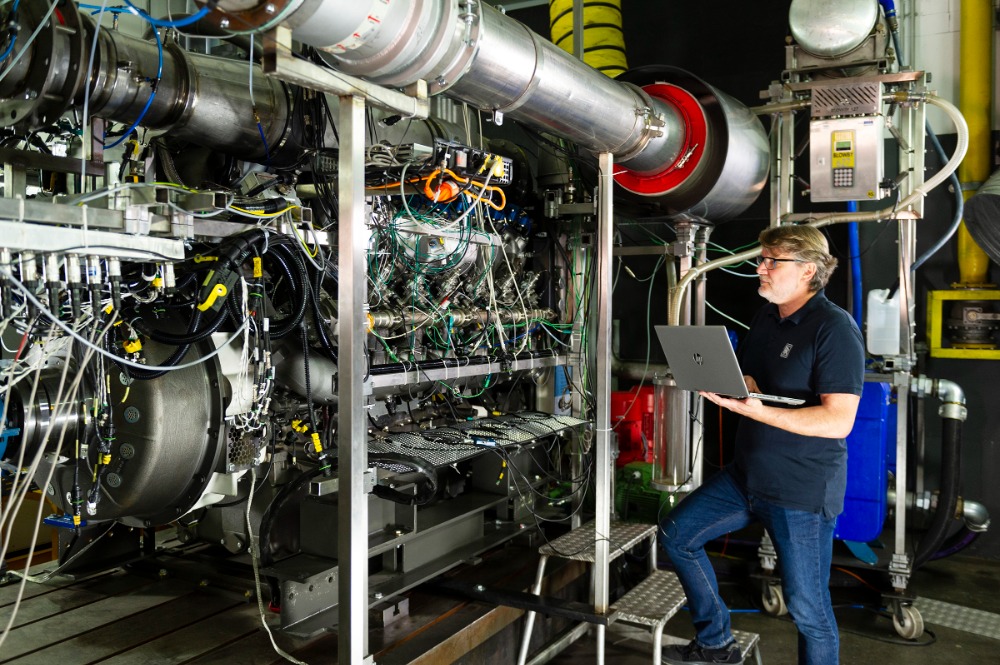Rolls-Royce successfully tests mtu engines with pure hydrogen
Rolls-Royce has successfully tested a 12-cylinder gas variant of the MTU Series 4000 L64 running on 100% hydrogen…
Rolls-Royce has announced that it has conducted successful tests of a 12-cylinder gas variant of the MTU Series 4000 L64 engine running on 100% hydrogen fuel. According to a recent press release, the tests carried out by the Power Systems business unit, showed very good characteristics in terms of efficiency, performance, emissions and combustion. These tests mark another important step towards the commercial introduction of hydrogen solutions to meet the demand of customers for a more sustainable energy supply.
Hydrogen fuel cells convert hydrogen and oxygen into electricity, producing only water as a byproduct. This makes it a clean and sustainable option for powering luxury yachts. The potential for hydrogen propulsion in the luxury yacht market is immense. This new technology is not without its challenges, however. The infrastructure for hydrogen fuel is still in its infancy, and the cost of fuel cells and storage is still relatively high. But as with any new technology, as it becomes more widespread, the cost will decrease.
Tobias Ostermaier, President of Stationary Power Solutions, explained, “This engine will serve the market demand for hydrogen solutions in the energy transition and will be available to our customers as a reliable and clean power source for gensets and combined heat and power plants.”
The first installation of MTU engines running on 100% hydrogen is already planned for the enerPort II lighthouse project in the German inland port of Duisburg, as part of the development of a climate-neutral energy supply for a new container terminal.
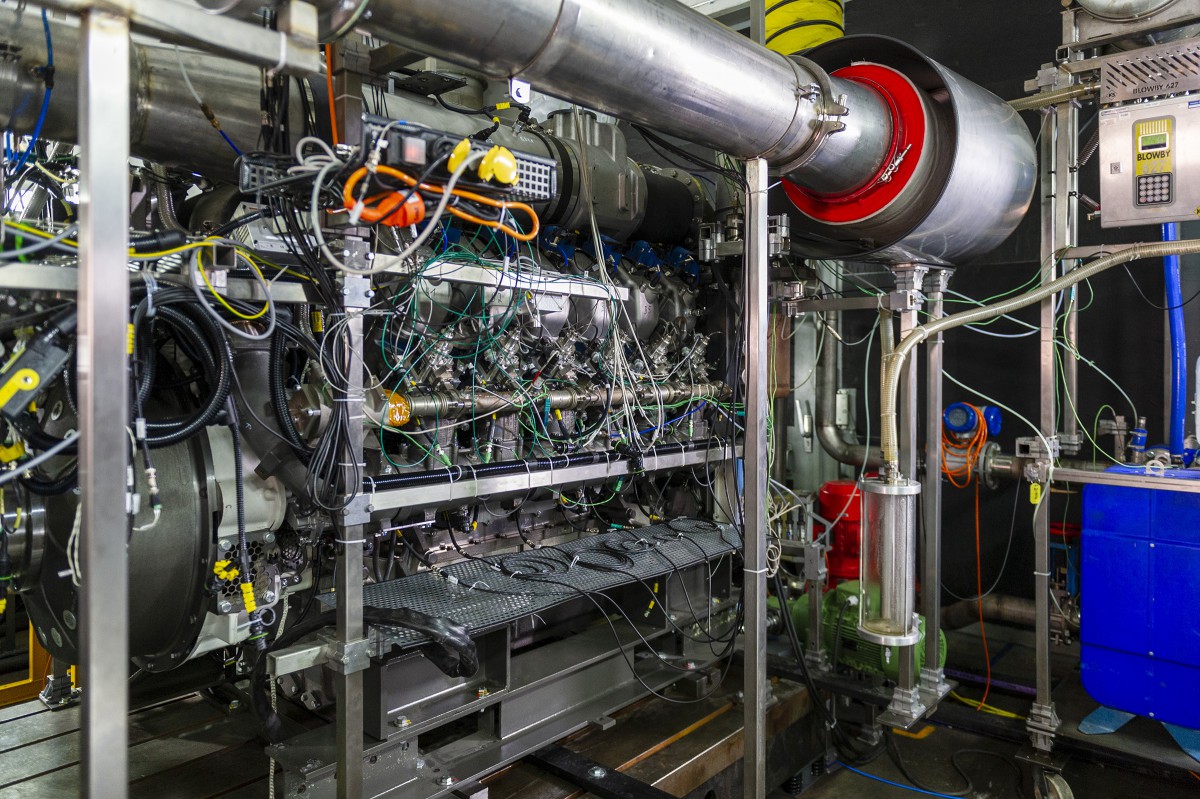
Dr Jörg Stratmann, CEO of Rolls-Royce Power Systems, added, “We see hydrogen as one of the central elements of the energy transition. It can be used for both storage of excess energy and as a fuel, not only for engines but fuel cells and cogeneration plants to generate climate-neutral electricity and heat.”
In times of low demand and high renewable energy generation from wind or solar, for example, the excess energy can be channelled through an electrolyser to convert water to hydrogen, which can later be used as fuel in any number of applications.
For several months, the MTU gas engine has been undergoing bench testing and continuous improvement in terms of efficiency, performance, emissions and combustion using 100 per cent hydrogen as fuel. With green hydrogen, these MTU engines can be operated in a CO2-neutral manner in the future. For gas engines already installed, Rolls-Royce offers a conversion solution. Andrea Prospero, an engineer at Rolls-Royce responsible for the development of the hydrogen engine, said: “We are very pleased with the rapid progress. The very low engine emissions are well below the strict EU limits, no exhaust gas after treatment is required.”
Due to the different combustion behaviour of hydrogen compared to natural gas, some engine components including fuel injection, turbocharging, piston design and control, were modified in the test engine. However, by using proven technologies within the Power Systems’ portfolio, such as MTU turbochargers, injection valves, and engine electronics and control, the development of the engine to use hydrogen was advanced quickly and efficiently.
Duisport, one of the world’s largest inland ports, is working with several partners to build a hydrogen-based supply network for its new terminal, ready for operation in 2024. In the future, most of the electricity required by the port itself will be generated directly on-site from hydrogen in a CO2-neutral manner. This will be achieved by two combined heat and power plants with MTU Series 4000 hydrogen engines (with a total installed capacity of 2MW) as well as three MTU fuel cell systems (with a total installed capacity of 1.5MW).
As part of its sustainability program, Rolls-Royce is realigning the product portfolio of Power Systems towards more sustainable fuels and new technologies that can further reduce greenhouse gas emissions.
Profile links
NEW: Sign up for SuperyachtNewsweek!
Get the latest weekly news, in-depth reports, intelligence, and strategic insights, delivered directly from The Superyacht Group's editors and market analysts.
Stay at the forefront of the superyacht industry with SuperyachtNewsweek
Click here to become part of The Superyacht Group community, and join us in our mission to make this industry accessible to all, and prosperous for the long-term. We are offering access to the superyacht industry’s most comprehensive and longstanding archive of business-critical information, as well as a comprehensive, real-time superyacht fleet database, for just £10 per month, because we are One Industry with One Mission. Sign up here.
Related news
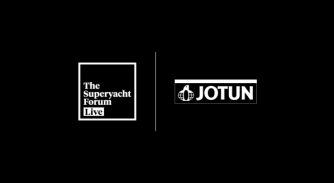
Meet the Partners: Jotun’s lifecycle solution
Gary Ward reflects on the potential for the coatings sector and industry to move towards a greener future
Event
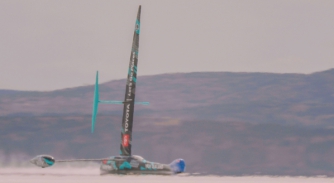
ETNZ sets land speed record
Emirates Team New Zealand records 222.4km/h with 22 knots of windspeed on Lake Gairdner in South Australia
Technology
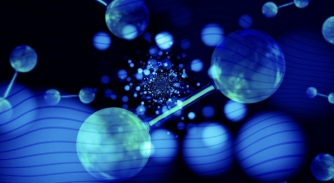
DNV Hydrogen Report 2022
Highlights and insights from the comprehensive new report focussed on Hydrogen's scalability towards 2050
Technology
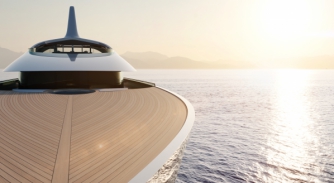
Feadship’s road map to ZERO
The Dutch Shipyard reveals it is one stage closer to achieving carbon neutrality with concept Pure by 2030
Technology
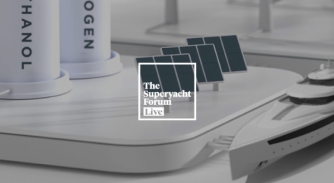
TSF Keynote: Fuelling the future
On Day Two of The Superyacht Forum, Lateral Naval Architects and PA Consulting will discuss the Hydrogen infrastructure strategy
Business
Related news
Meet the Partners: Jotun’s lifecycle solution
3 years ago
ETNZ sets land speed record
3 years ago
DNV Hydrogen Report 2022
3 years ago
Feadship’s road map to ZERO
3 years ago
TSF Keynote: Fuelling the future
3 years ago
NEW: Sign up for
SuperyachtNewsweek!
Get the latest weekly news, in-depth reports, intelligence, and strategic insights, delivered directly from The Superyacht Group's editors and market analysts.
Stay at the forefront of the superyacht industry with SuperyachtNewsweek


